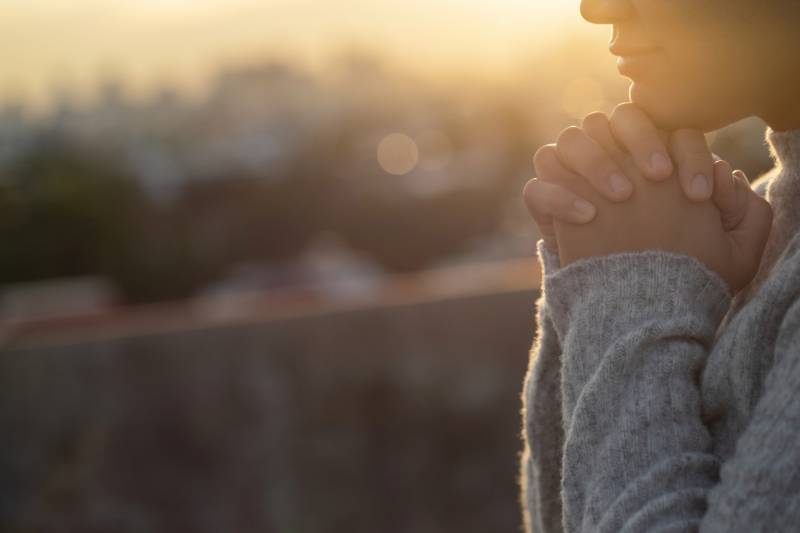First thing in the morning (Cameron says ideally no more than 45 minutes after waking), write three pages by hand about anything. Seriously, anything. The point is that you don't stop writing. If you're bored and can't think of what to write, write that.
"Morning Pages serve as a kind of 'brain drain'" says Cameron, "that allows you to release the worries, fears, and distractions standing between you and your day." Morning Pages are a low-pressure way to express yourself. As Cameron says, "there's no wrong way to do Morning Pages."
Just don't share your writing with anyone – these pages are meant to be a space where you can vent and share free of judgment, so don't censor yourself. It's OK if they turn into a grocery list, a rant at your sister or a poem.
Creative Practice #2: "Artist Date"
You don't have to consider yourself an artist to go on an Artist Date. Cameron describes it as a "once-a-week, solo adventure that you take just for fun." Cameron's students say they "find themselves befriending themselves" on these dates.
Try and do something that delights you on your Artist Date: Eat at a new restaurant, peruse a bookstore, go to the beach or a movie. Your Artist Date doesn't need to be expensive – one of Cameron's favorite outings is to go visit bunnies at a pet store. The main point here is fun – do something fun and frivolous.
Creative Practice #3: Walks
Walks can help you "commune with your own thoughts," says Cameron. Twice a week, take a solo, twenty-minute walk. Leave your phone at home. Don't run an errand on your way or bring the dog or a friend with you. Go alone and just walk.
Walking isn't just a creative practice, it's a spiritual practice as well. "For centuries, spiritual seekers have walked — on quests, on pilgrimages, through labyrinths," says Cameron. Walking can be a way to connect to the world around you and to your higher power (however you define that).
Creative Practice #4: Prayer
Before you close this tab, know that Cameron defines prayer loosely. She's not mandating who you pray to or trying to define God for you. She just wants you to connect with a creative energy outside yourself.
Prayer will look, feel and sound different for all of us but it doesn't matter how it comes out – ultimately praying brings a kind of freedom, says Cameron. She suggests a few prayer practices for seeking wisdom:
Prayers of petition: This is what she calls the "Santa Clause" prayer. "You're asking for something, and you're hoping that the higher power will deliver it."
Cameron recommends being super honest when praying, but also to remember that we have a limited point of view. "You need to remind yourself that God is far-seeing ... and may have something better in store for you than what you yourself had planned."
Prayers of guidance: Once a day, write down a question that you have about your life and "listen, and write out what comes back," she says. "The point is to be willing to ask, and then be open to receiving. The answers that you hear may surprise you."
For example, maybe you are not sure what form your creativity should take. You could ask: what should I do or make with my creative desire? See what answer arises.
Prayers of gratitude: Talk about what you're grateful for. "It might be, 'I'm grateful for my curly hair. I'm grateful for my dog.'"
This practice, Cameron says, can transform pessimism into optimism, which she believes is a boon for creativity. "We tend to believe in the image of a suffering artist. And that creativity is born out of pain. And what I have found is that creativity is born out of happiness, which is a radical step to take."
The podcast portion of this story was produced by Clare Marie Schneider, with engineering support from Daniel Shukhin.
We'd love to hear from you. If you have a good life hack, leave us a voicemail at 202-216-9823 or email us at LifeKit@npr.org. Your tip could appear in an upcoming episode.
If you love Life Kit and want more, subscribe to our newsletter.
Copyright 2022 NPR. To see more, visit https://www.npr.org.
9(MDAxOTAwOTE4MDEyMTkxMDAzNjczZDljZA004))



9(MDAxOTAwOTE4MDEyMTkxMDAzNjczZDljZA004))